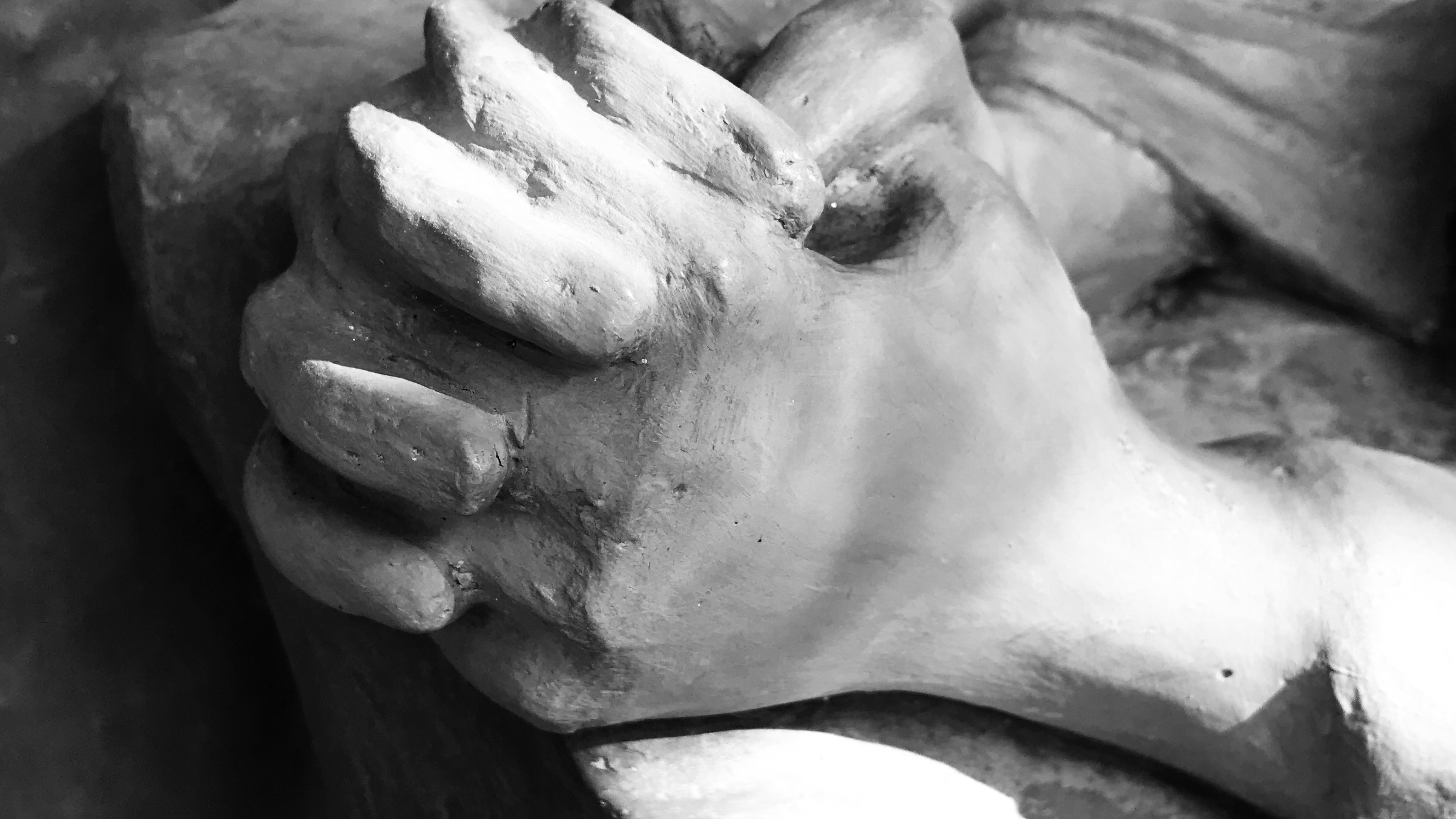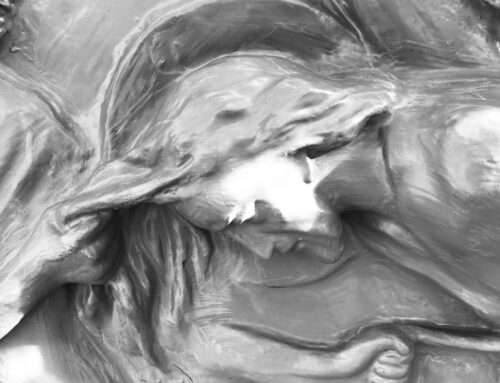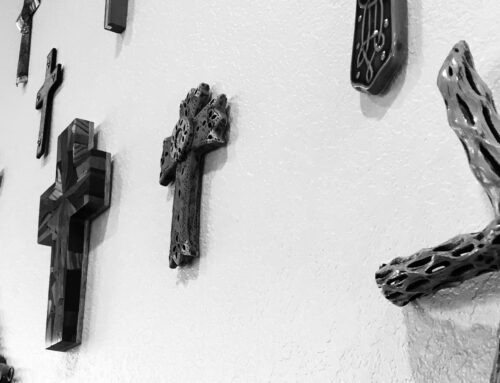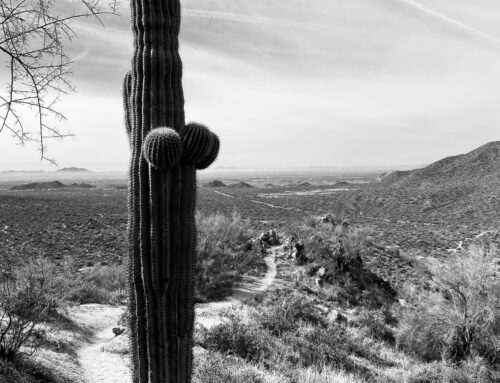Listen:
Consider:
Alphonsus Liguori recorded a story about Francis of Assisi in his work The Practice of the Love of Jesus Christ,
One day a gentleman found him [Francis] weeping and crying out with a loud voice. On being asked why he did so, he answered, “I weep for the sorrows and ignominies of my Lord: and what makes me weep the most is that we, for whom he suffered so much, live in forgetfulness of him.” And on saying this he redoubled his tears, so that this man too began to weep. Whenever the saint heard the bleating of a lamb, or saw anything else that reawakened the memory of Jesus’ Passion, he immediately fell aweeping.
I am so forgetful regarding the mercy of God, and it seems that it’s not just a ‘me problem,’ but rather a ‘human problem.’ But it’s not until we come to the end of ourselves that we find the healing of the mercy and grace of God. Dallas Willard put it well when he said, “God has an address, and it is: at the end of your rope.”
In my song, I wrote the lines:
Let this be my plea
Lord, keep me on my knees
That I may not forget Your mercy
One of the spiritual practices we see modeled in Jesus’ life is the practice of humility. He lived it, He told parables about it, and He stressed its importance to the disciples. But they, and we, tend to try to avoid it. But it is like the true north in the path of the disciple. The Apostle Paul wrote to the Philippian church:
So if there is any encouragement in Christ, any comfort from love, any participation in the Spirit, any affection and sympathy, complete my joy by being of the same mind, having the same love, being in full accord and of one mind. Do nothing from selfish ambition or conceit, but in humility count others more significant than yourselves. Let each of you look not only to his own interests, but also to the interests of others. Have this mind among yourselves, which is yours in Christ Jesus, who, though he was in the form of God, did not count equality with God a thing to be grasped, but emptied himself, by taking the form of a servant, being born in the likeness of men. And being found in human form, he humbled himself by becoming obedient to the point of death, even death on a cross. Therefore God has highly exalted him and bestowed on him the name that is above every name, so that at the name of Jesus every knee should bow, in heaven and on earth and under the earth, and every tongue confess that Jesus Christ is Lord, to the glory of God the Father (Philippians 2:2-11).
So, the prayer is to have the grace (God’s empowering presence) to stay in the place of humility. In Luke 7, the woman whose sins had been forgiven anointed Jesus’ feet with alabaster oil and her tears, and while the religious leaders scoffed the scene, Jesus’ response was:
Then turning toward the woman he said to Simon, “Do you see this woman? I entered your house; you gave me no water for my feet, but she has wet my feet with her tears and wiped them with her hair. You gave me no kiss, but from the time I came in she has not ceased to kiss my feet. You did not anoint my head with oil, but she has anointed my feet with ointment. Therefore I tell you, her sins, which are many, are forgiven—for she loved much. But he who is forgiven little, loves little.” And he said to her, “Your sins are forgiven.” Then those who were at table with him began to say among themselves, “Who is this, who even forgives sins?” And he said to the woman, “Your faith has saved you; go in peace” (Luke 7:44-50, emphasis mine).
The reality experienced at the foot of the cross evokes a loving worship, because as a friend of mine says, “the gravity of my depravity” is present and real, but so is the grand, expansive, relentless, love and mercy of God.
Reflect:
Is there a time when you were very aware of, and impacted by, God’s mercy for you in a big, paradigm shifting way? What did you learn through that experience – about God, and about yourself?





